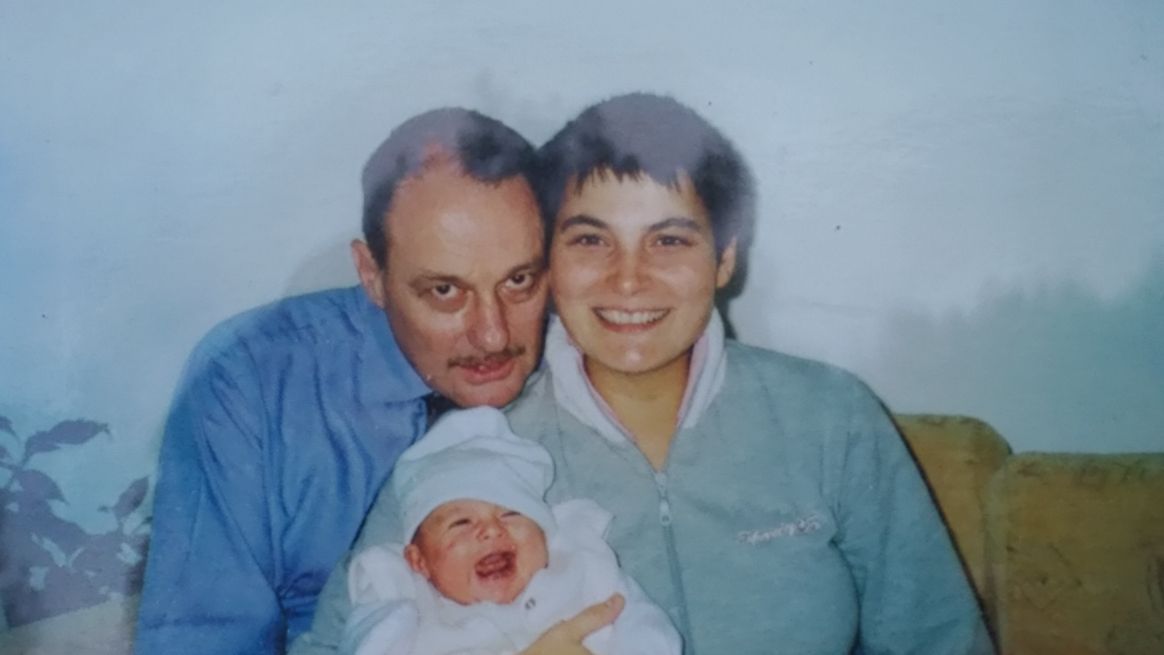How To Look After Your Marriage
Most people would agree that life as a couple has the potential to deliver the highest fulfillment as well as the deepest despair. I counsel a lot of couples at different stages of their relationships. I noticed that most couples lack both the information and the skills to care for their marriage. Here are some vital scientific research results and advice that can make the difference between despair and fulfillment for couples. I hope it will help some of you to look after your marriage.

In order to look after your marriage when you have a new baby it is essential that you have a baby free time as a couple.
Research Shows How To Look After Your Marriage
Let me share with you some of the important findings of the huge body of research carried out by Dr, Gottman’s team in which they studied 3000 couples and followed some of them over 20 years:
- When couples are observed to show contempt, stone walling, criticism and defensiveness during a conflict, 90% of them divorce after 5 or 6 years.
- 69% of relationship problems are about perpetual problems based on personality differences.
- 80% of the time women bring up these issues, (which corresponds with 85% of the time men are stonewalling).
- Stonewalling occurs when the listeners’ heart rate increases to a certain level as a physiological reaction.
- The ratio of positivity versus negativity during conflict is 5 to 1 for stable marriages, for unstable ones it is 0.8 to 1.
- 67% of new parents experience a sudden drop in their marital satisfaction during the first 3 years of the baby’s life.
- Half of the marriages that end in divorce do so in the first 7 years.
- Average couple waits 6 years before seeking help for marital problems.
Five Things To Focus Upon If You Value Your Marriage
What you focus upon grows. Therefore in order to look after your marriage you need to get out of your automatic habits and reactions and, instead, use your conscious mind to choose your focus.
Let’s translate these findings into applicable actions and attitudes:
- It seems like what you do with conflict has a lot to do whether your marriage will be sustainable or not. Since we know that some of the conflict may not be resolvable it is best to accept this possibility upfront. You and your partner do not need to be thinking and behaving in the same way all the time. Don’t you feel lighter already?
- Notice if your comments and responses fall into the category of positive or negative. The ratio of positive to negative should be 5 to 1.
- All four behaviours couples who are likely to divorce tend to display during conflict, namely stonewalling, contempt, criticism and defensiveness are automatic responses activated by our limbic system. This is a built in alarm system that has protected our species for millennia. Once activated, our hearts start beating fast, our thinking capacity lowers as our blood flow channels to the limbs to prepare to fight or flight. You need to recognise the signs of this state of arousal and learn to sooth yourself and each other. It is known that empathy and humour have the capacity to reverse the state of arousal quite quickly.
- When you have a new baby it is essential that you have a baby free time as a couple. Why? Your baby will be happy if both of his parents are happy in themselves and between them. Because if you don’t look after your marriage your marital satisfaction will decrease. You will be at risk for marital discord, depression and divorce. As a result your ability to look after your baby well will suffer.
- Since divorce occurs in the first 7 years be smart, don’t let your marriage wear out by waiting 6 years before getting professional help.
We know that marital satisfaction is one the major indicators of mental and physical health. It is really worth looking after your marriage. Click here to take the test to see if your marital satisfaction level is adequate.




